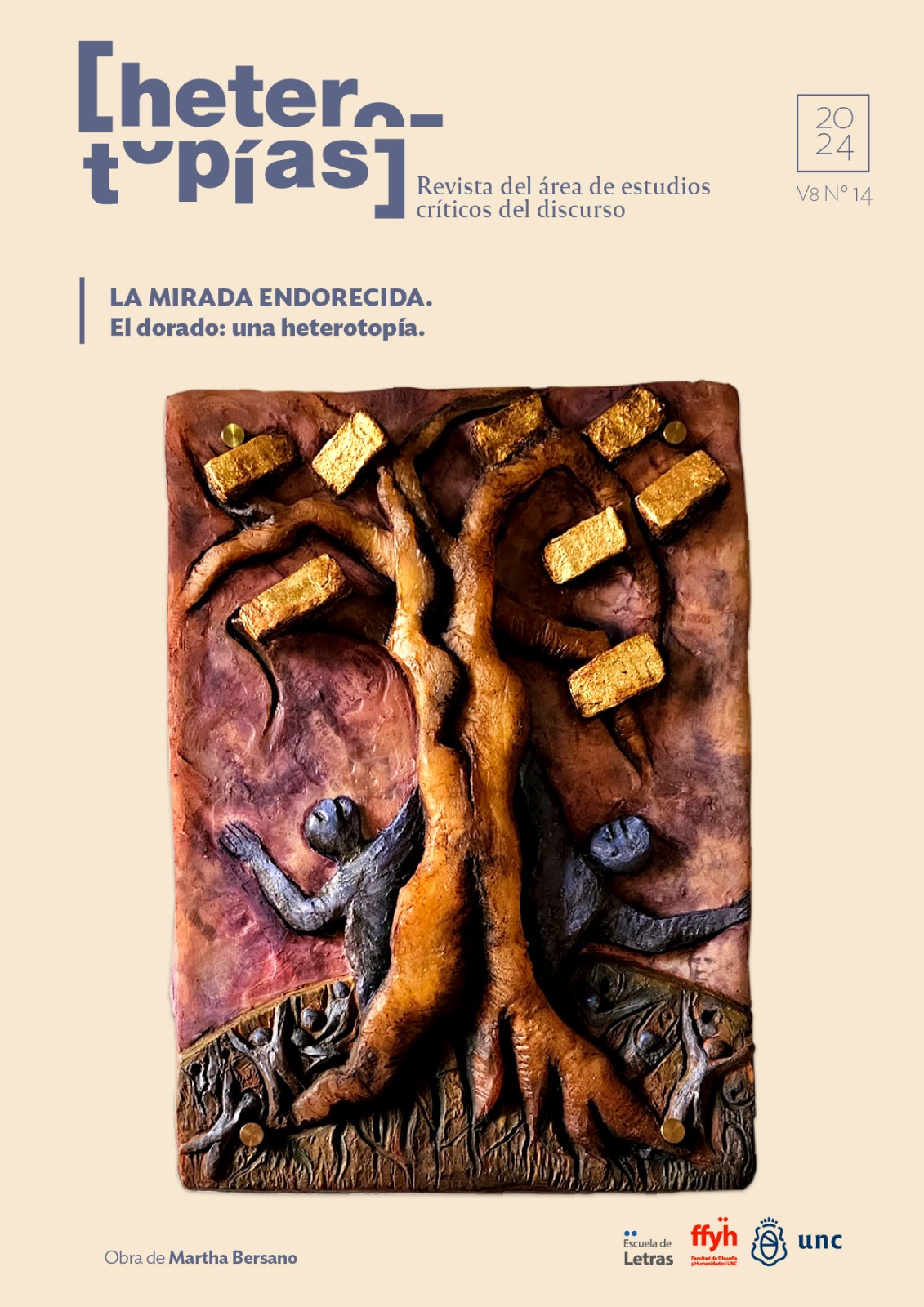Rock and politics in Latin America: frictions and fractions
Main Article Content
Abstract
Latin American rock evolved within the context of truncated modernization, shaped by states of political exception. While the initial phase in each country often mirrors the early rock scene influenced by Elvis Presley in the USA, the development of each national rock scene is deeply intertwined with the distinct paths of modernization those societies underwent, particularly during the developmentalism of the 1960s. These modernizations were complex, contradictory, and hybrid, often involving electronic influences, and occurred against the backdrop of exceptional political circumstances—ranging from Argentina’s authoritarian developmentalism to Uruguay’s democratic crisis, Brazil’s relatively soft dictatorship, and Colombia’s ongoing violence, to name a few examples. The rise of rock music on the continent is closely tied to the emergence of new youth cultures. The notion of truncated modernization helps explain both the particularities and points of convergence across countries: rock music in many nations developed amidst intense political tensions, from military coups in Brazil, Argentina, Uruguay, and Chile to armed conflict and social unrest in Colombia. In light of this, we propose a second hypothesis: rock music often collided with leftist movements across the continent, at least until the democratic transitions of the 1980s, when a possible reconciliation—or even the displacement of these leftist movements by depoliticized youth movements—may have begun to take shape. Rather than offering a strict chronology, this analysis aims to interpret the intricate relationship between rock and politics in Latin America. Two notable examples serve as key markers of this dynamic: the imprisonment of Caetano Veloso in Brazil in 1969, and the murder of Víctor Jara by the Pinochet dictatorship in Chile in 1973. These events highlight the extremes of this relationship between rock and political upheaval.
Downloads
Article Details
Section

This work is licensed under a Creative Commons Attribution-NonCommercial-ShareAlike 4.0 International License.
Those authors who have publications with this journal, accept the following terms: Those authors who have publications with this journal, accept the following terms:
a. The authors will keep their copyright and guarantee to the journal the right of first publication of their work, which will be simultaneously subject to the Creative Commons Attribution - Non-Commercial - Share Alike (by-nc-sa) Attribution License; no commercial use of the original work or any derivative works is allowed, the distribution of which must be done with a license equal to the one that regulates the original work.
b. Authors may adopt other non-exclusive license agreements for the distribution of the published version of the work (e.g., deposit it in an institutional telematic archive or publish it in a monographic volume) provided that the initial publication in this journal is indicated.
c. Authors are allowed and recommended to disseminate their work through the Internet (e.g. in institutional telematic archives or on their website) before and during the submission process, which may lead to interesting exchanges and increase the number of citations of the published work. (See The effect of open access).
How to Cite
References
AA.VV. El Proclive Necesario: una historia de Blops (1964-1973). s/d
Boal, A. “Chacrinha e Dercy de Sapato Branco”, em https://augustoboal.com.br/2018/01/17/o-que-pensa-voce-da-arte-de-esquerda/, 23/9/2024.
Brunner, J. J. “Medios, modernidad, cultura”. Telos, Cuadernos de Comunicación, Tecnología y Sociedad 19, Septiembre-Noviembre 1989: 9-10.
Casciero, R. y Polimeni, C. “Sting y Argentina, el romance sin fin”. Página 12, 17 de diciembre de 2001, https://www.pagina12.com.ar/2001/01-01/01-01-17/pag19.htm.
García Canclini, N. Culturas híbridas. Estrategias para entrar y salir de la modernidad. México: Grijalbo, 1990.
Gilman, C. Entre la pluma y el fusil. Debates y dilemas del escritor revolucionario en América Latina. Buenos Aires: Siglo XXI, 2012.
Ginzburg, C. El queso y los gusanos. El cosmos, según un molinero del siglo XVI. Barcelona: Muchnik, 1999.
Marcus, G. Rastros de carmín. Una historia secreta del siglo XX. Barcelona: Anagrama, 1993.
Orrego, J. P. “Juan Pablo Orrego sobre los Blops y el golpe militar de 1973”, en https://www.youtube.com/watch?v=DJ8nyVycLXw&t=1613s. 8/4/2014
Severiano, J. Uma história da música popular brasileira. Das origens à modernidade. São Paulo: Editora 34, 2008.
Strock, F. La vida mágica de Los Jaivas. Los caminos que se abren. Santiago de Chile: Ril Editores, 2013.
Turner J. Víctor Jara: un canto truncado. Madrid: Suma de Letras, 2001.
Veloso, C. Verdade tropical. São Paulo: Companhia das Letras, 1997.
Verdesio, G. “Rock and Pop across Cultural Boundaries: The Story of a Tension between Mimicry and Autochthony”, en A Companion to Latin American Literature and Culture, editado por Sara Castro-Klaren, 636-646. New Jersey: John Wiley & Sons, 2022.
Williams, R. Marxismo y literatura. Barcelona: Península, 1997.
Zolov, E. Refried Elvis: the rise of the Mexican counterculture. Berkeley and Los Angeles: University of California Press, 1999.
